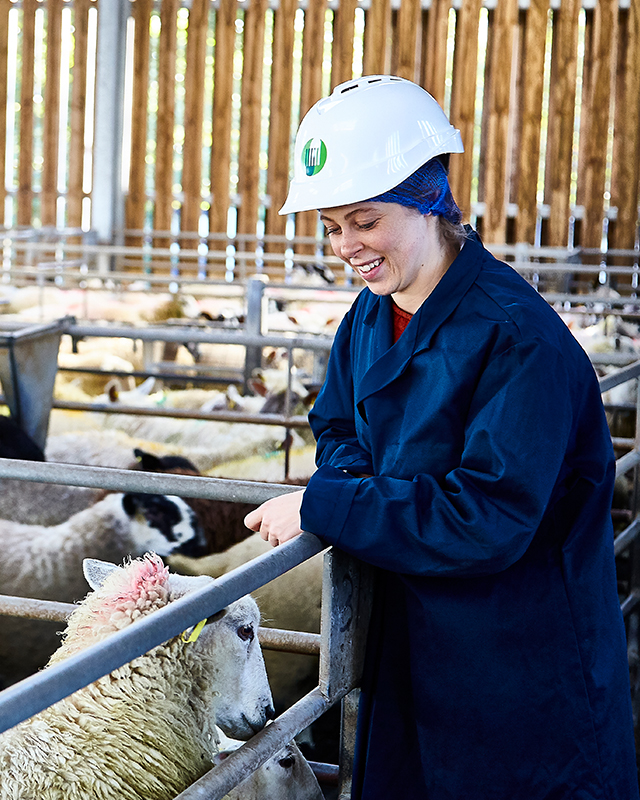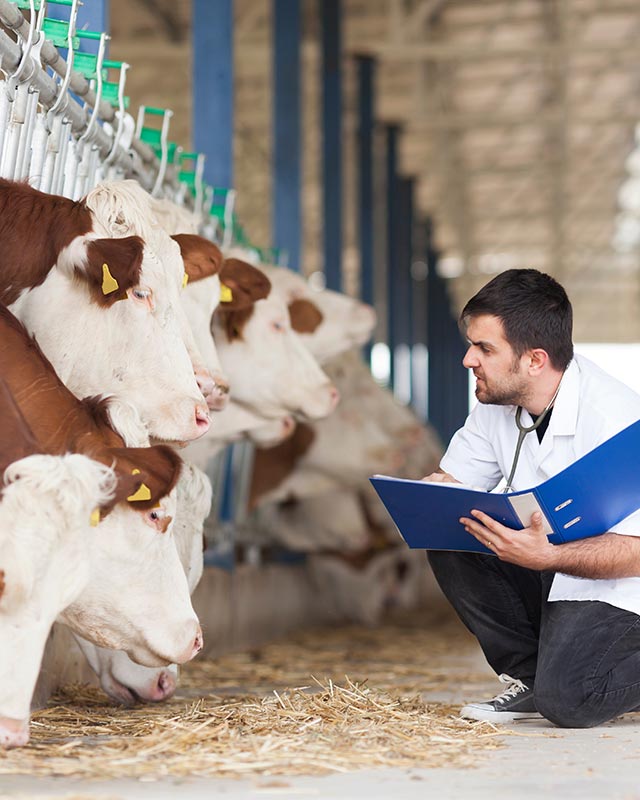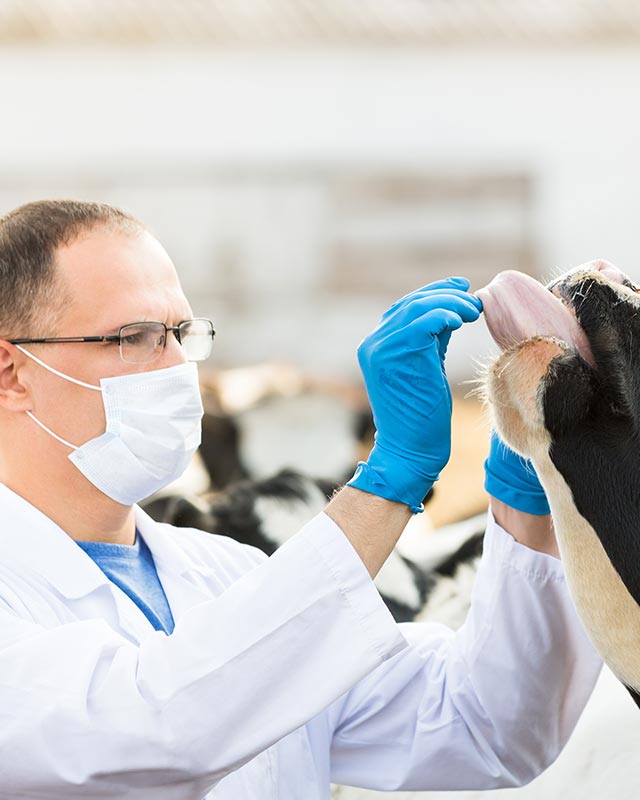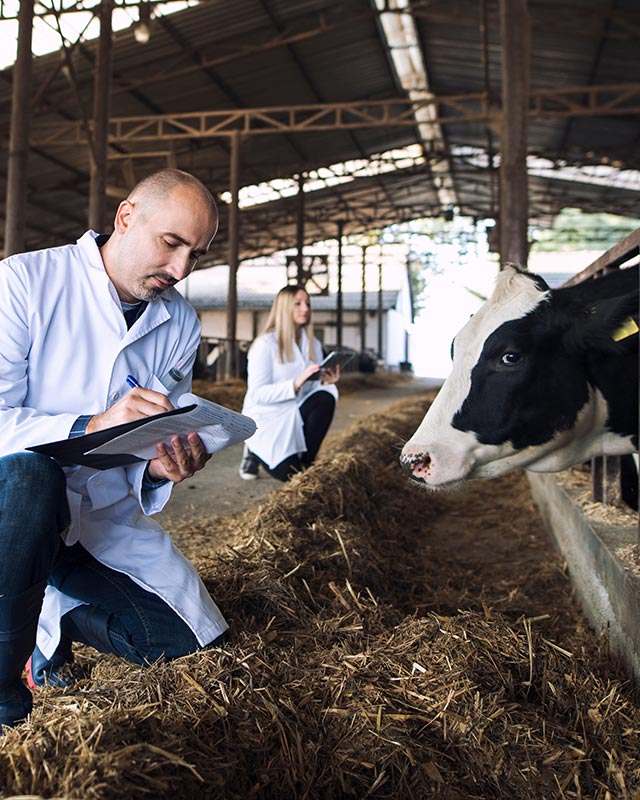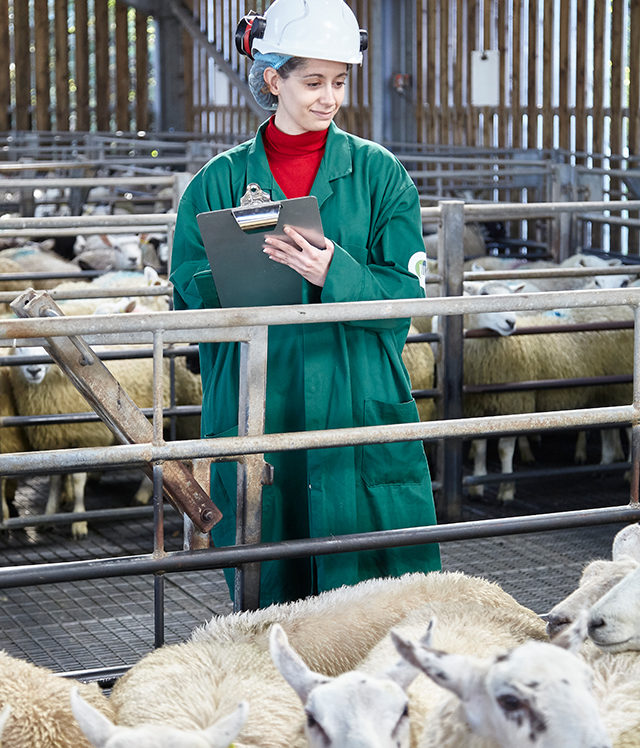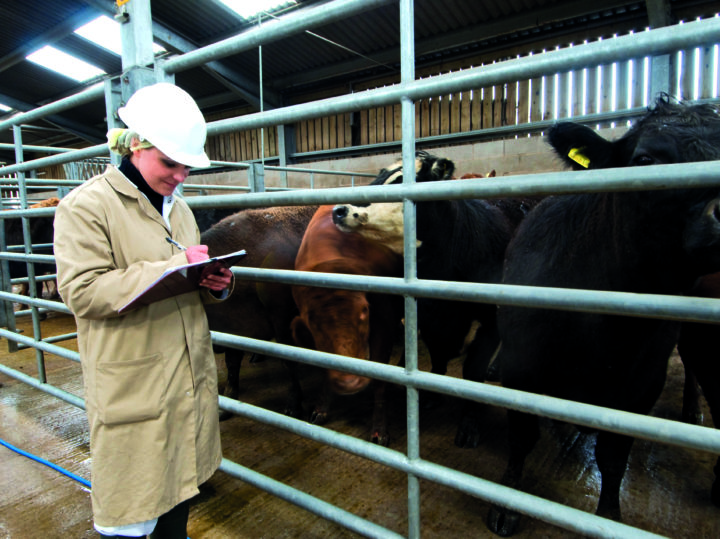The UK has many great opportunities for both newly graduated Veterinary Medicine students and experienced Veterinary professionals.
Veterinary work is an extremely prestigious career path but it’s one that requires hard work and great commitment if you want to truly succeed.
There are many opportunities for people to work as a Vet in the UK, and they’re not just the ones you may expect.
What opportunities are available?
Traditionally, being a qualified Vet would mean one thing; you would be destined to become a Veterinary General Practitioner. There are however many other ways to launch your career and broaden your horizons in the UK.
General Practice
There are a variety of opportunities even within General Practice, both in the type of practice you can work in, and the type of work you want to do.
Vets in General Practice often work the longest hours out of any Veterinary profession. Services can run 24-hours a day, 365-days a year. But, as more Vets want flexible working options, the demand for Locum Veterinarians in the UK has fluctuated — both for Locum Vets on short-term and on long-term schedules.
Most UK General Practice work is within Small Animal Clinics. For some people, this type of work can become repetitive and it does not necessarily offer great opportunities for career progression beyond becoming a Veterinary Surgeon.
Research & Academia
If your career ambitions lead you towards scientific research and academia, a Veterinary Science degree alone will rarely suffice. If you have an MSc/PhD in Veterinary Medicine or have practical experience as a Veterinary Surgeon, pursuing a career in research could be a possibility.
But this career path is not for everyone. It requires a lot of hard work, financial investment (tuition fees), and extra time in the classroom to even get to the point where you would be considered ready to write research papers.
Hard work is required to get to the point where your work earns respect from academic communities and competition for top academic work —where the most fulfilling and enjoyable roles are — is fierce.
Public Health
In the UK, the Food Standards Agency (FSA) and Animal & Plant Health Agency (APHA) protect public health. These agencies focus upon food hygiene and animal food preparation/production as well as animal welfare.
Roles in Public Health range from being a Meat Inspector to working as an Official Veterinarians. Both provide a great opportunity to quickly start and advance a career as a Vet. This career path provides a hands-on approach without the need for extra qualifications before you can even get started.
A Veterinary career in Public Health provides a balance between academic advancement and hands-on experience that many Vets crave after studying for so long.
What qualifications are important?
In the main, working as a Vet in the UK requires a degree in Veterinary Medicine. A driving licence is almost always a requirement too, due to the nature of Veterinary work.
To advance your career as a vet in the UK, it is essential to have a degree in Veterinary Medicine. Without this degree, you won’t be able to attain membership with the Royal College of Veterinary Surgeons (RCVS), which is required for all advanced veterinary jobs.
To register with the Royal College, you need to meet the following criteria:
- Achieve a degree-level qualification (or higher) from an approved University and Course (see list here)
- Have a professionally translated certificate of your degree (if not in English)
- Provide a letter to evidence of your good character detailing: previous police convictions, professional disciplinary hearings. It must be written by an authoritative figure (i.e. a PhD Holder, Member of the Police, or local Councillor).
- A valid EU passport
Collecting all this information and going through the process can be time-consuming and tricky, particularly where membership fees and criteria are involved. If you decide to pursue a UK career in General Practice or Academia, then it is likely you will complete the process by yourself.
However, some companies will be willing to help you during your application with the Royal College, and will pay your initial course fees when you reach the UK. Finding an employer that provides this support will aid your transition into veterinary work and kick-start your career.
Where should you start?
As careers go, it doesn’t get more prestigious than being a Vet. The UK regards Vets very highly, and the opportunities to develop a rewarding and fulfilling career are there.
Finding the right support and the right place to launch your career will help you take the vital few first steps to success. After these steps, your drive to succeed and determination will enable you to quickly elevate your career.
Knowing the opportunities that are available to you will help you pick the right career path — one that suits your preferences and make you happy. Whether you’re after hands-on experience, quick career progression or a clear path to the top of the career ladder, the UK holds great opportunities for you.
Read about our ongoing recruitment drive here and here.


